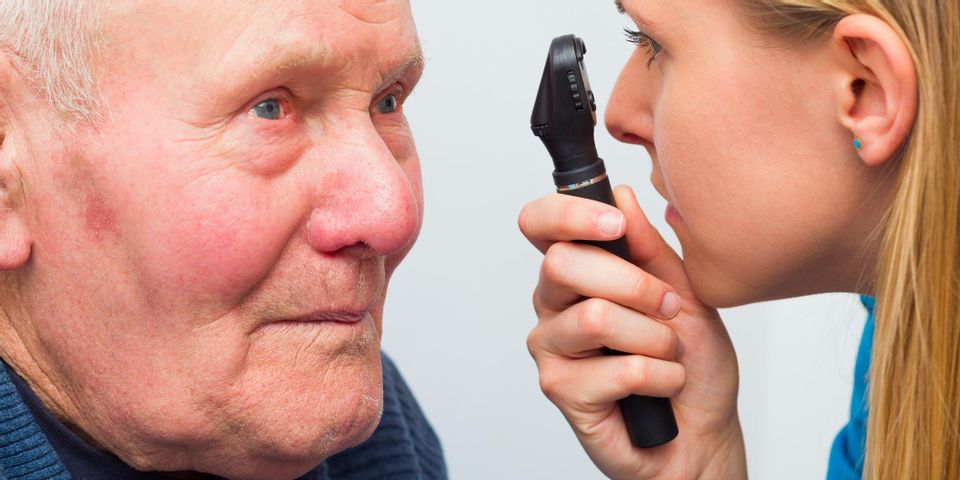
Glaucoma is an eye condition that affects your optic nerve. The nerve becomes damaged, leading to a buildup of pressure inside the eye that can lead to permanent vision loss or total blindness. Though most patients who suffer from glaucoma do not notice any early symptoms or pain, regular visits to an optometrist and routine eye exams will help you and your doctor be aware of its potential progression.
Causes
Glaucoma can be inherited or result from a severe eye injury, infection, or blocked blood vessels inside the eye. It usually affects both eyes, but can be more severe in one. If the mesh-like channel that secretes fluid from the eyes gets blocked, the liquid can build up, causing pressure to the optic nerve. It usually occurs later in life, and people over the age of 40 are at greater risk.
Types of Glaucoma
Open-Angle Glaucoma
This is the more common and less painful type. It is diagnosed when the trabecular meshwork, or eye liquid drain system, doesn’t drain fluid properly, even if it’s structurally intact. The excess liquid causes pressure in the eye, damaging the optic nerve.
Angle-Closure Glaucoma
When the space between the iris and the cornea becomes too narrow, the fluid from the eyes cannot drain normally, resulting in a quick buildup of pressure in the eyes. The suddenness of the pressure can be extremely painful. This type has also been linked to farsightedness and cataracts.
 Symptoms
Symptoms
Both types can experience these symptoms, but they’re more common for angle-closure glaucoma:
- Red eyes
- Hazy-looking eyes
- Blurry vision
- Seeing halos around lights
- Headaches
- Upset stomach or vomiting
People with open-angle glaucoma might not experience any of those symptoms. Instead, the loss of the peripheral vision comes first. It is a gradual change and isn’t always immediately noticeable.
Treatment
An optometrist may recommend prescription eye drops or oral medication that can improve drainage of the eye or slow the creation of fluid in the eyes. Laser and microsurgery are also utilized to lower pressure in the eyes and prevent vision loss.
If you experience increased vision blurriness or regular headaches, reach out to Graham Optical in Fort Smith, AR, for an evaluation. The on-site specialists can provide personalized, high-quality care for your case whether you’re experiencing dry eyes, eye pain, or need a routine eye exam. Schedule your next appointment by calling (479) 782-6737.
About the Business
Have a question? Ask the experts!
Send your question

